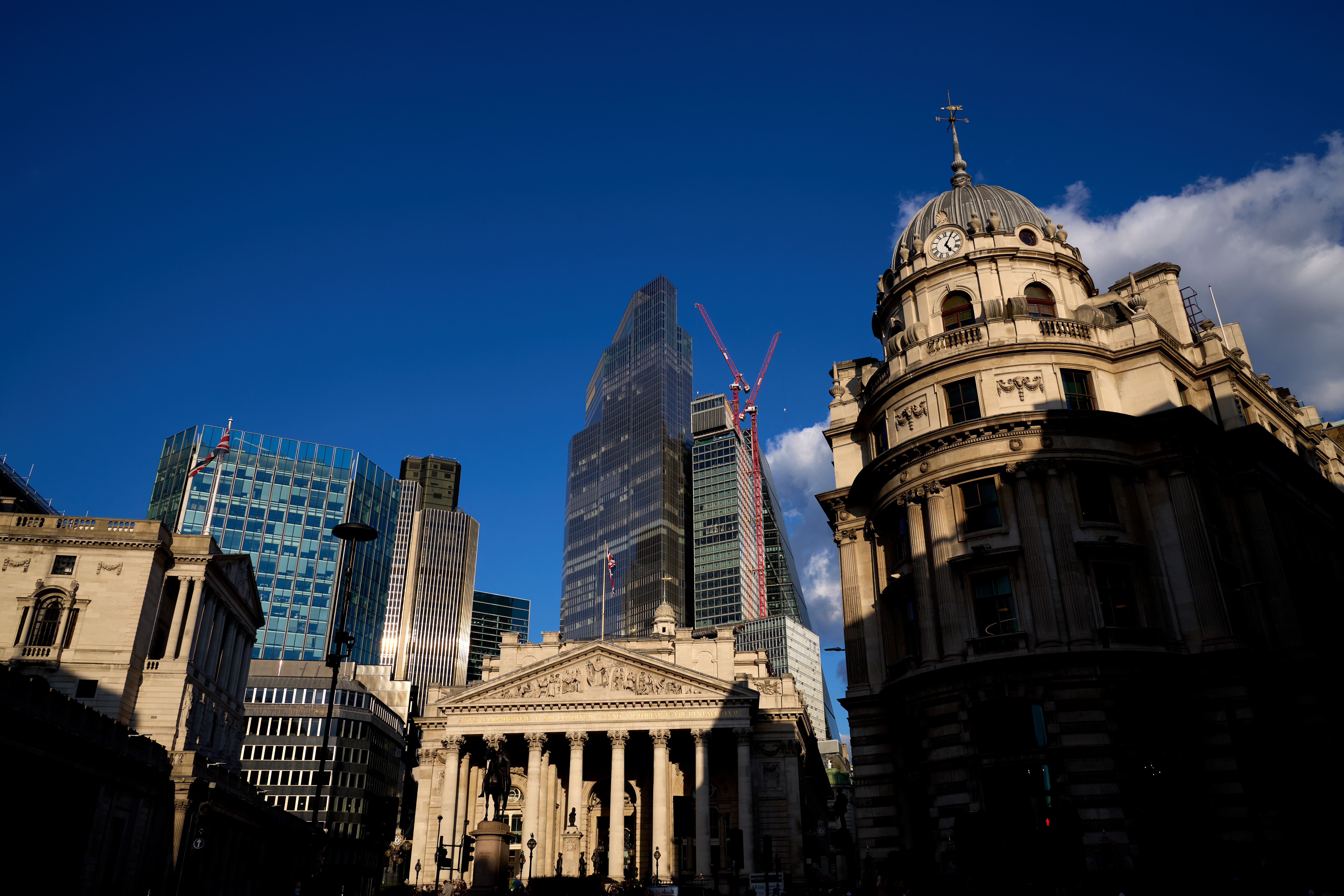Bank may need to ‘create a recession’ to halt inflation, says adviser to chancellor
Government borrowing outstrips 100 per cent of GDP for the first time since 1961

The Bank of England might need to spark a recession to get inflation under control, an adviser to Chancellor Jeremy Hunt warned on Wednesday amid a slew of grim economic data – including government borrowing surpassing 100 per cent of GDP for the first time since 1961.
Karen Ward, an economist with JP Morgan, said that inflation might persist because of a price-wage spiral, where companies hike prices and workers demand pay rises.
“The difficulty for the Bank of England – I mean, no one envies them their job at the moment – is they have to therefore create a recession,” Ms Ward, who sits on the Chancellor’s economic advisory council, told BBC Radio 4.
“They have to create uncertainty and frailty, because it’s only when companies feel nervous about the future that they will think ‘Well, maybe I won’t put through that price rise’, or workers, when they’re a little bit less confident about their job, think ‘Oh, I won’t push my boss for that higher pay’.
“It’s that weakness in activity which eventually gets rid of inflation.”
Downing Street said the chancellor will “receive advice from a number of experts” but that the aim is to “grow the economy”.
Inflation remained at 8.7 per cent in May, the Office for National Statistics said on Wednesday, unchanged from the month before and much higher than the 8.4 per cent experts had forecast.
It puts enormous pressure on the Bank of England’s Monetary Policy Committee, which meets on Thursday, to hike interest rates.
The news also hit markets, increasing the interest rate the Government pays on two-year gilts – essentially IOUs issued by the Treasury – to a fresh 15-year high of nearly 5.09 per cent. Longer-term borrowing costs also rose.
Rob Morgan, chief investment analyst at Charles Stanley, said: “With prices showing little response to the Bank of England’s twelve successive interest rate rises, these figures seal a further increase in interest rates.”
“The Bank of England will likely maintain tight policy for the remainder of the year, meaning further interest rate rises and no significant rate cuts until 2024.”
Meanwhile, the ONS also revealed that net debt reached £2.6 trillion as of the end of May, estimated at 100.1 per cent of gross domestic product (GDP).
It came as government borrowing soared to £20bn in May, pushed higher by the cost of energy support schemes.
It is the first time the debt-to-GDP ratio has risen above 100 per cent since March 1961.






Join our commenting forum
Join thought-provoking conversations, follow other Independent readers and see their replies
Comments